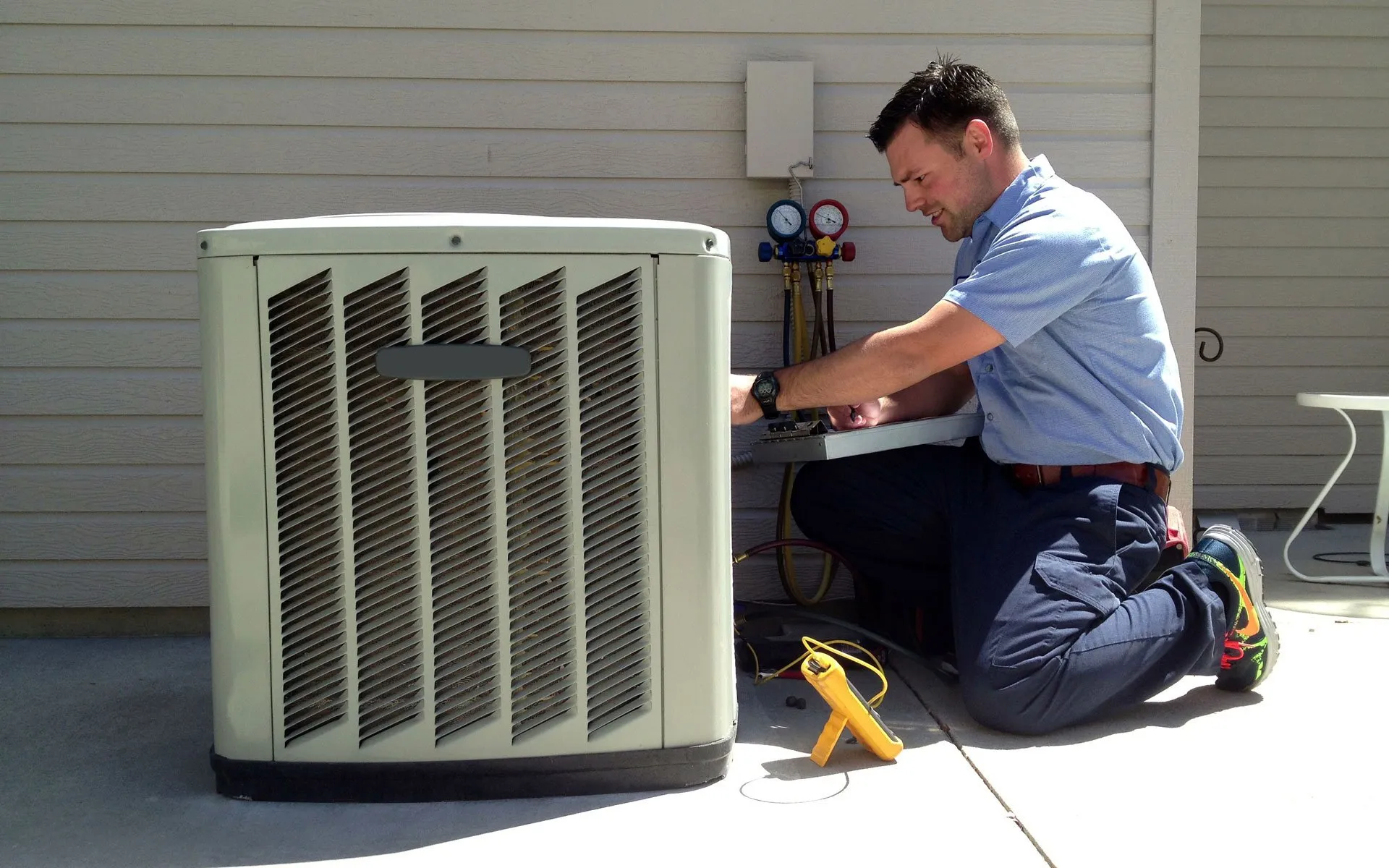The Origins of Air Conditioning
Air conditioning, a modern marvel we often take for granted, has a rich and fascinating history. The concept of cooling the air to create a more comfortable living environment dates back to ancient times. Ancient Egyptians, for instance, used reeds and water to cool their homes, while Romans circulated aqueduct water through their walls to lower indoor temperatures. However, the true breakthrough in air conditioning came in the early 20th century. In 1902, Willis Haviland Carrier invented the first modern electrical air conditioning unit. Carrier’s invention was initially designed to control humidity in a printing plant, but its ability to cool the air soon found broader applications, revolutionizing both industry and daily life. This innovation laid the foundation for the widespread adoption of air conditioning, transforming it from a luxury into an essential component of modern infrastructure.
Technological Advancements and Their Impact
Since its inception, air conditioning technology has seen remarkable advancements. Early systems were bulky, expensive, and used harmful chemicals like ammonia and methyl chloride as refrigerants. The development of more efficient, compact, and safer systems, especially with the introduction of Freon in the 1930s, made air conditioning more accessible to the general public. Post-World War II economic boom and the rise of suburban living further accelerated the adoption of air conditioning in homes and workplaces. The introduction of split systems and central air conditioning units in the mid-20th century marked significant milestones, offering enhanced efficiency and ease of installation. Today, modern air conditioning units incorporate advanced features such as smart thermostats, energy-efficient compressors, and eco-friendly refrigerants, reflecting a continuous evolution aimed at improving comfort while minimizing environmental impact.
The Societal Transformation Brought by Air Conditioning
The widespread availability of air conditioning has profoundly transformed society in numerous ways. In residential settings, it has improved living standards by providing relief from extreme heat, which is especially beneficial for vulnerable populations like the elderly and those with health conditions. Air conditioning has also reshaped urban environments. It enabled the development of high-rise buildings, particularly in hot climates, and contributed to the growth of sunbelt cities in the United States, such as Phoenix and Miami, which would otherwise be challenging to inhabit. In the workplace, air conditioning has increased productivity by creating comfortable working conditions, which are crucial in regions with high temperatures. Furthermore, air conditioning has facilitated technological advancements in fields such as data centers, laboratories, and manufacturing, where precise climate control is critical. The cultural impact is also notable, with air-conditioned spaces becoming standard in public places like malls, cinemas, and schools, enhancing the overall quality of life.
Environmental Concerns and Future Directions
Despite its benefits, air conditioning poses significant environmental challenges. Traditional air conditioning units are energy-intensive, contributing to higher electricity consumption and greenhouse gas emissions. The widespread use of refrigerants, although improved over time, still poses a threat to the ozone layer and contributes to global warming. Addressing these issues requires a multi-faceted approach. Innovations in energy-efficient technologies, such as variable-speed compressors and advanced thermal materials, are critical in reducing the carbon footprint of air conditioning systems. The development of alternative cooling methods, including solar-powered air conditioning and passive cooling designs, offers promising solutions for sustainable climate control. Additionally, regulatory measures aimed at phasing out harmful refrigerants and promoting the use of low-global-warming-potential alternatives are essential steps in mitigating the environmental impact. As the global demand for air conditioning continues to rise, driven by climate change and economic development, the industry must prioritize sustainability to ensure that the comfort and convenience provided by air conditioning do not come at the expense of the planet’s health.
In conclusion, air conditioning is a pivotal innovation that has significantly improved human comfort and productivity. From its humble beginnings to its current advanced state, it has continually adapted to meet the needs of modern society. However, the environmental challenges associated with air conditioning underscore the need for ongoing innovation and responsible usage. By embracing sustainable technologies and practices, we can ensure that air conditioning remains a beneficial asset for future generations.air conditioning

